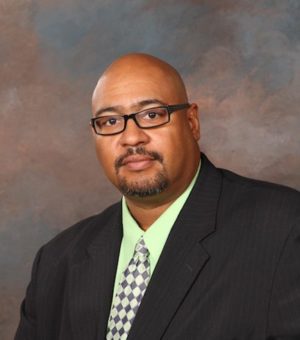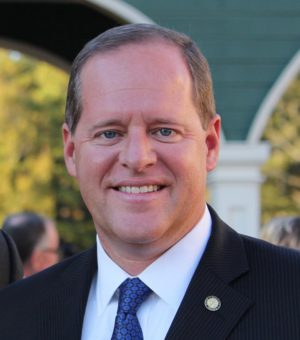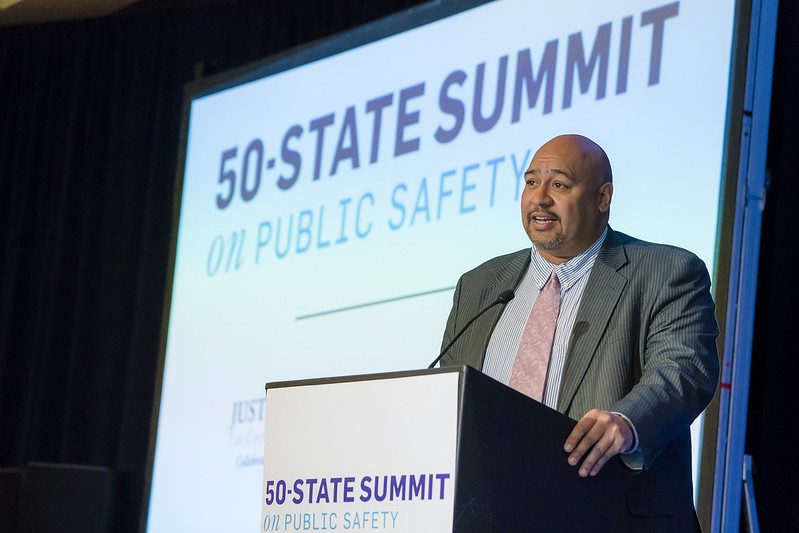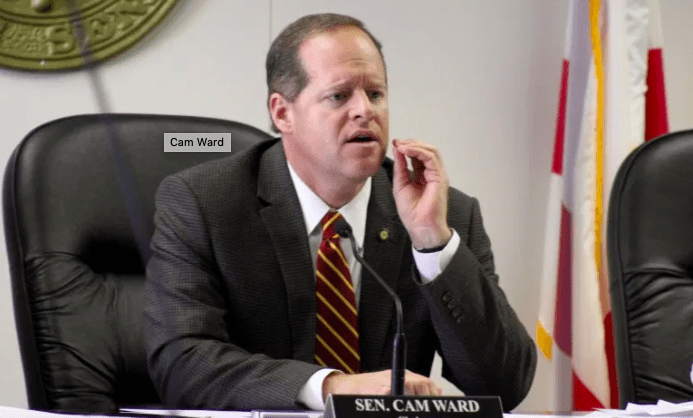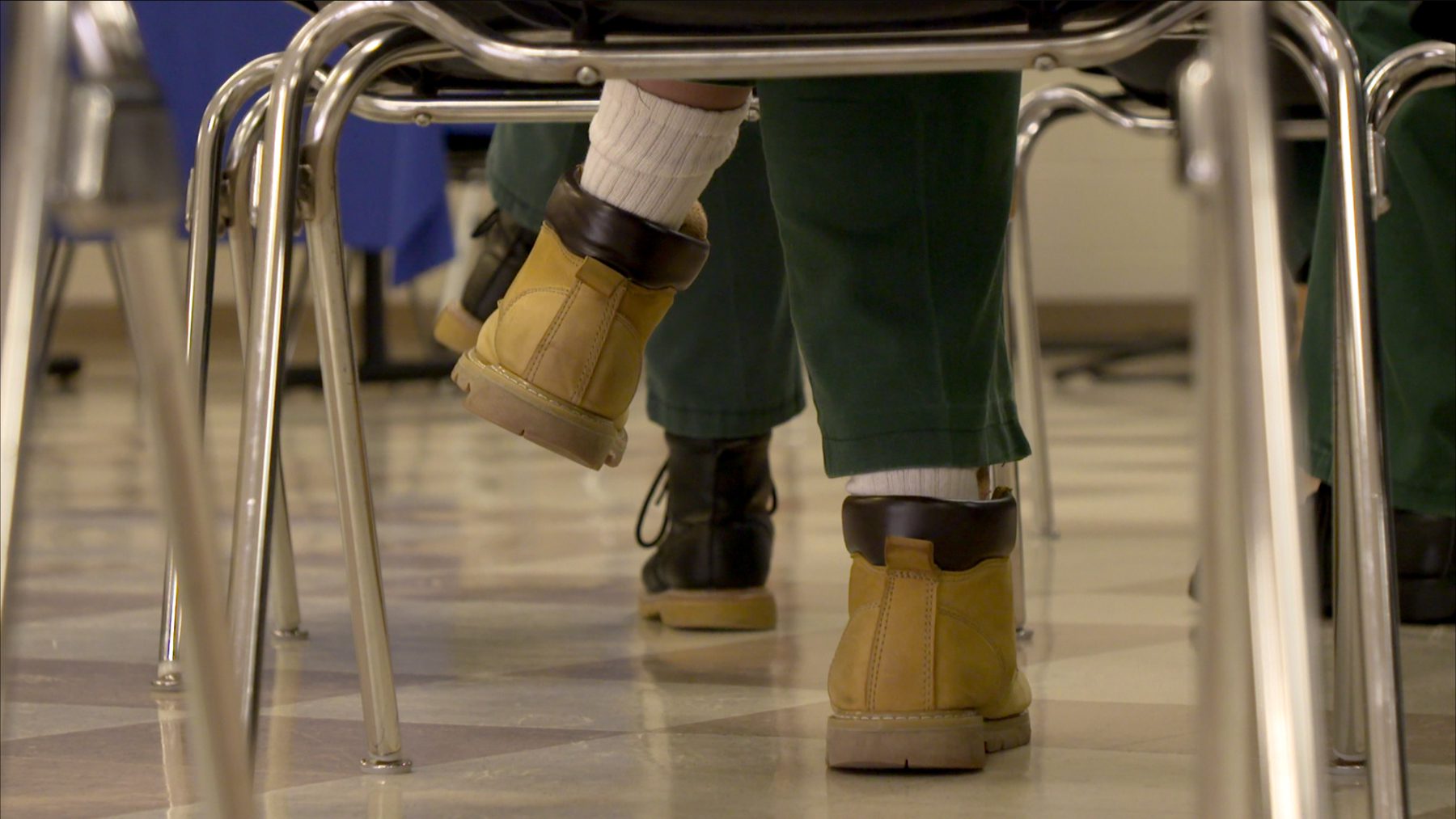
As Jobs Market Struggles, Formerly Incarcerated are Prevented From Helping
Employers are looking for workers and people with criminal records are looking for jobs. So where's the disconnect?
Editor’s Note: A version of this opinion piece ran in the Feb. 20 edition of USA Today.
In the midst of record-low unemployment rates, a staggering 27 percent of formerly incarcerated people don’t have jobs. That’s higher than the national unemployment rate during the height of the Great Depression, which in 1933 was about 25 percent.
But it’s not for a lack of opportunities. The country’s overall 3.6 percent unemployment rate has employers across industries struggling to find skilled workers in a barren labor pool.
Former inmates need jobs and employers are looking for workers. So what accounts for the disconnect?
In large part, an overwhelming education gap.
State policies across the country prevent people who have criminal records from accessing continued education both within correctional facilities and after their release.
According to a new 50-state analysis from the Council of State Governments Justice Center, 40 states, including Pennsylvania and Alabama, bar certain segments of the incarcerated population from accessing continued education based on a variety of factors, such as sentence length, behavior and offense type.
And while some states may argue that there isn’t enough funding to offer opportunities, the report also found that only three states use all federal funding streams available to them to provide continued education to incarcerated people. In Pennsylvania, only one of three possible federal grant programs is utilized, leaving valuable resources on the table due to lack of coordination across relevant state agencies.
People who are conquering those barriers and making the added effort to enroll at a public university could face one more obstacle: Half of America’s public universities require applicants to disclose their criminal history. In Alabama, 14 of the state’s 16 public universities insist on this disclosure, a practice shown to discourage potential students from even finishing their applications.
The Common Application, an online portal designed to simplify the college admissions process by using a single form for the bulk of many schools’ applications, eliminated the requirement to disclose criminal history during the 2019-20 application cycle. Yet, public universities in Alabama, as well as almost 60 percent of all public universities that use the Common App, added such requirements back to the unique portions of their applications.
There is very little research suggesting that these kinds of background checks improve campus safety. But strong research suggests that education improves community safety. While trying to keep our kids safe, we’re unintentionally doing the opposite.
Taking part in any kind of education cuts people’s odds of reoffending by 43 percent. States could be using education as a means of reducing crime and improving public safety, but instead, many states are all but ignoring a strategy known to be effective and are leaving people vulnerable to reoffending as a result.
Similarly, making education accessible throughout people’s transition from incarceration to employment supports not just the individual, but local economies as well. Collectively, the United States loses approximately $78 billion to $87 billion in annual gross domestic product because of the unemployment or underemployment of people who have criminal records.
Continued education is critical to helping people find work. People who take vocational courses in prison, for instance, are 28 percent more likely to find a job in the community than those who don’t.
Over the next decade, the skills gap is only expected to grow. Approximately 5 million new job openings will require applicants to have specific credentials, including a bachelor’s degree in some cases, to get hired. States are missing a major opportunity to contribute to the growth of their economies by preventing people in the justice system from accessing educational opportunities.
While the nature of roadblocks to education may vary from state to state, all of these restrictions result in the same outcomes: They prevent people from having a fair shot at a second chance and stop states from fulfilling their responsibility to keep their citizens safe and their economies prosperous.
We are now examining the laws and administrative policies in our respective states that keep postsecondary education out of reach for currently and formerly incarcerated people.
We urge policymakers, university leaders, corrections administrators and other state leaders to join us in identifying ways to make continued education accessible to people in the justice system and to strengthen community safety and local economies as a result.
About the Authors
